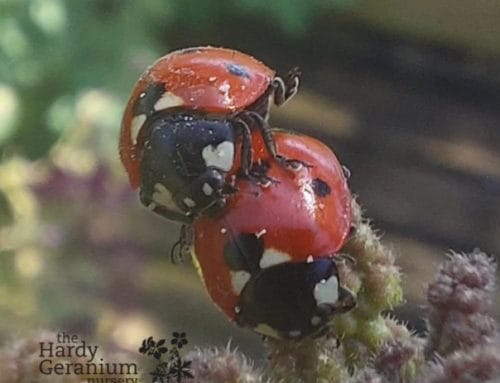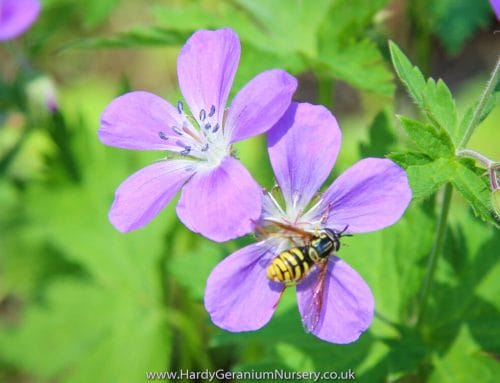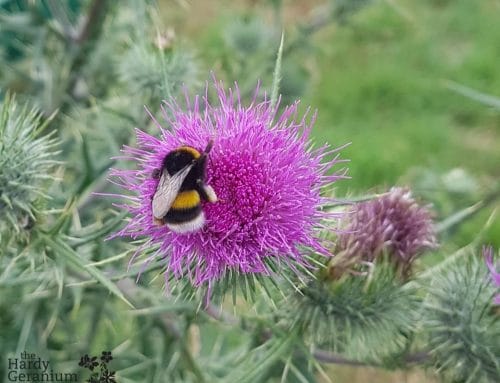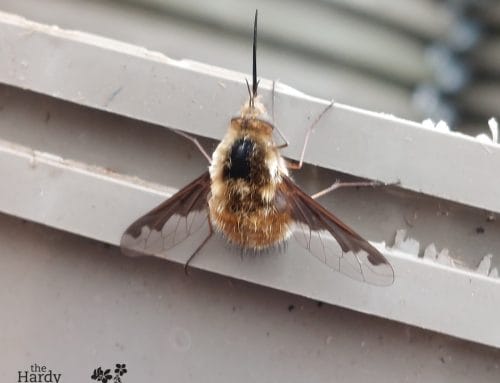Beneficial insects are insects that provide benefits to humans, agriculture, and the environment. These insects can help control pest populations, pollinate plants, decompose organic matter, and provide a food source for other animals.
Some examples of beneficial insects include ladybirds, which are natural predators of aphids and other plant pests, bees, which are essential for pollinating many crops and plants, and earthworms, which help break down organic matter and improve soil health. Other beneficial insects include lacewings, hoverflies, nematodes and parasitic wasps.
Many farmers and gardeners actively encourage the presence of beneficial insects in their fields and gardens by providing habitats such as flowering plants, insect hotels, and nesting boxes. This can help reduce the need for pesticides and other chemical interventions, leading to a more sustainable and environmentally friendly approach to agriculture.
Beneficial insects are an essential part of gardening and can have a significant impact on the health and growth of garden plants. They are natural predators that help control pests that can damage garden plants and reduce their yields. Here are some beneficial insects that can help protect your garden plants:
- Ladybirds are one of the most popular beneficial insects in gardens. The adults and more importantly their larvae feed on aphids, mealybugs, and other pests, making them an effective natural pest control method. Ladybirds also help to pollinate plants and are a sign of a healthy garden ecosystem.
- Bees are essential for pollinating many garden plants, including fruits, vegetables, and flowers. Without bees, many plants would not produce the fruit or seeds needed for propagation.
- Lacewings are delicate, green insects that feed on aphids, mealybugs, and other pests. They are known to be voracious predators that can consume large numbers of pests, making them an effective natural pest control method. Lacewings also help to pollinate plants and are a sign of a healthy garden ecosystem.
- Hoverflies are a type of fly that resembles a bee or a wasp. They are important pollinators and feed on aphids and other pests. Hoverflies are often attracted to gardens with a wide variety of flowers, making them a valuable addition to any garden.
This article has been written in association with ChatGPT




